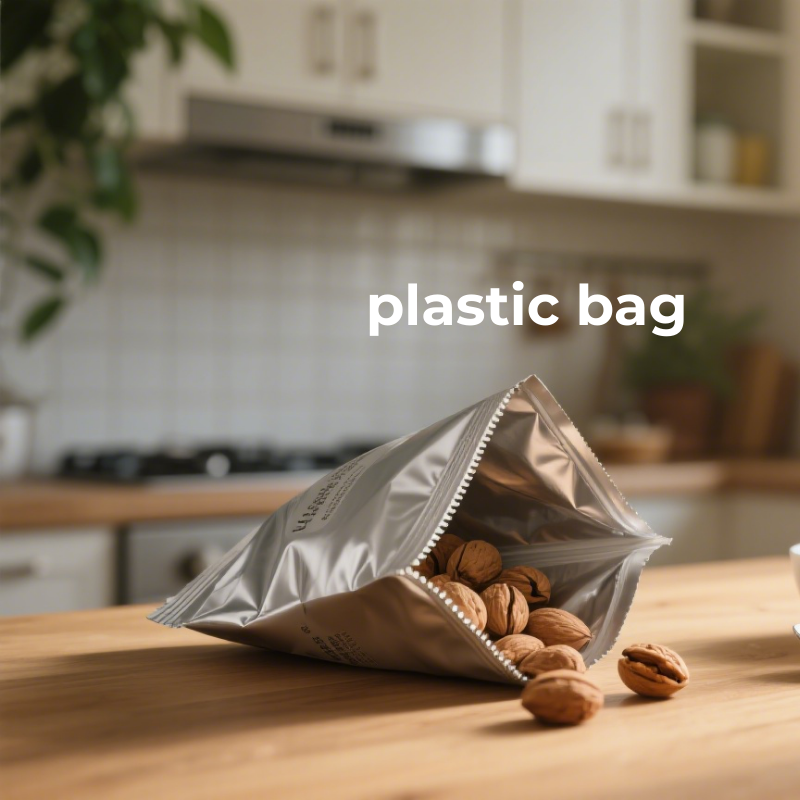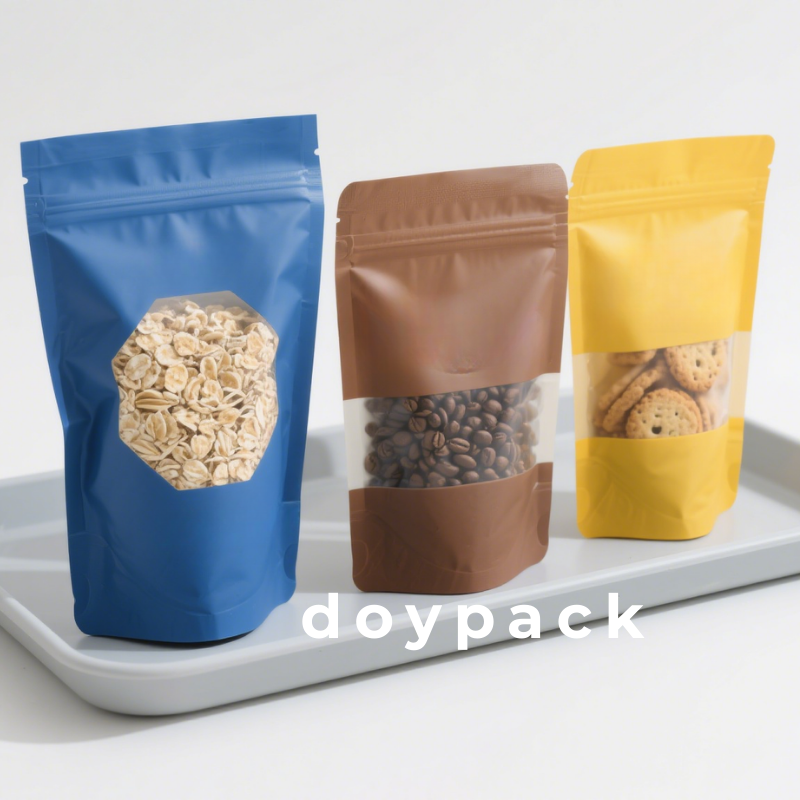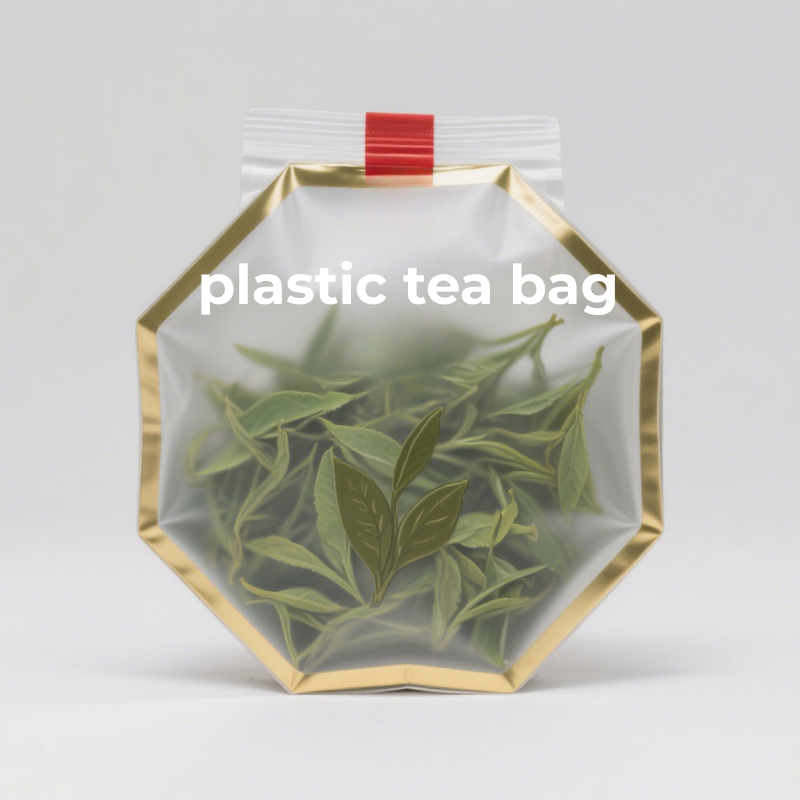In recent years, the call to ban single-use plastic shopping bags has grown louder, driven by concerns about environmental pollution. From coastal cleanups to viral images of marine life entangled in plastic, the negative impacts of mismanaged plastic waste are undeniable. However, a blanket ban on plastic shopping bags is not the solution—it ignores the unique value of these bags in daily life, overlooks the economic consequences for businesses and consumers, and fails to address the real issue: improper waste management. Instead of elimination, we need smarter strategies that preserve the utility of plastic bags while minimizing their environmental footprint. Let’s explore why banning plastic shopping bags is counterproductive, using real-world scenarios to illustrate their irreplaceable role.
1. Plastic Shopping Bags: Unmatched Practicality in Daily Life
For millions of people, plastic shopping bags are not a "luxury" but a Reliable Necessity Bags—especially in scenarios where alternative options fall short. Consider a typical weekend morning at a suburban supermarket: a parent with two young children, a stroller, and a cart full of groceries. They need hands-free, lightweight bags that can hold heavy items (like milk jugs or canned goods) without tearing. A cotton tote bag, while reusable, is bulky when empty, weighs more when full, and can stretch or break under heavy loads. A paper bag, meanwhile, becomes useless if it rains—or if a leaky carton of orange juice soaks through. In this scenario, plastic bags act as Waterproof Grocery Bags: they keep groceries dry, stay intact, and allow the parent to manage both kids and supplies safely, without the stress of spilled or damaged items.

Another critical scenario is fresh food delivery. During the COVID-19 pandemic, food delivery services became a lifeline for elderly adults, immunocompromised individuals, and busy families. Plastic shopping bags are ideal for this purpose because they double as Fragile Item Bags: they cushion delicate goods like eggs, berries, or glass jars, preventing cracks or bruising during transit. Imagine a delivery driver dropping off a week’s worth of groceries to an 80-year-old customer. If the items are packed in flimsy paper bags, they could tear on the walk to the door, spilling contents on the ground. Plastic bags, by contrast, are sturdy enough to withstand short trips and protect fragile items—ensuring the customer receives their order intact.
Even for everyday errands, plastic shopping bags shine as Essential Practicality Bags. Think of a commuter stopping at a convenience store after work to buy a bottle of water and a snack. They don’t have a tote bag with them (they’re carrying a laptop bag), and a paper bag would be overkill for such small items. A plastic bag is lightweight, takes up minimal space, and can be easily folded and stored in a pocket for future use. Banning plastic bags in this scenario would force consumers to choose between buying an unnecessary tote bag (adding to waste) or carrying loose items (increasing the risk of dropping them)—a choice no one should have to make.
2. The Economic Cost of Bans: Hurting Small Businesses and Low-Income Consumers
While proponents of plastic bag bans often focus on environmental benefits, they rarely address the hidden economic costs—especially for small businesses and low-income households. Plastic bags are, first and foremost, Low-Cost Retail Bags, which makes them accessible for businesses operating on tight budgets. Let’s start with small retailers: a local bakery, for example, that serves 50 customers a day. Before a ban, the bakery might spend $50 a month on plastic bags (which cost just a few cents each). After a ban, they are forced to switch to more expensive alternatives: cotton tote bags ($1–$2 each) or compostable bags ($0.10–$0.15 each). If the bakery gives away tote bags for free to retain customers, their monthly costs could jump to $500 or more—a significant expense for a small business with thin profit margins. For these businesses, plastic bags are not just a packaging option—they are Small Business Supply Bags that keep operational costs low and help them compete with larger chain stores.
Low-income consumers are hit even harder by bans, as plastic bags are among the few Affordable Daily Bags they can access without extra cost. For a family living paycheck to paycheck, every dollar counts. A ban that requires paying $1 for a tote bag (or $0.10 for a compostable bag) adds up over time. Let’s say a family shops for groceries twice a week and needs 5 bags each time. If they have to pay $0.10 per compostable bag, that’s $5.20 a year—money that could go toward buying more food, paying utility bills, or covering medical expenses. For families struggling with poverty, this is not a trivial expense. Worse, some low-income households rely on plastic bags for non-shopping purposes: lining trash cans, picking up pet waste, or storing small items. In these cases, plastic bags act as Reusable Storage Bags—a free, solution that replaces the need to buy expensive trash bags or storage containers. Without free plastic bags, these households face even greater financial strain.
3. Alternatives Are Not Always More Environmentally Friendly
A common myth about
plastic bag bans is that alternatives (like cotton tote bags or paper bags) are "greener." In reality, many alternatives have a larger environmental footprint than plastic bags—especially when considering their entire lifecycle (production, transportation, and disposal). This is why well-designed plastic bags can still be considered Eco-Friendly Recycled Bags when managed properly.
Let’s take cotton tote bags first. According to a 2018 study by the UK’s Environment Agency, a cotton tote bag needs to be used 131 times to have a lower carbon footprint than a single-use plastic bag. Why? Because cotton production is resource-intensive: it requires large amounts of water (about 2,700 liters to make one t-shirt, let alone a tote bag) and often uses pesticides that harm soil and wildlife. Transporting cotton tote bags is also more carbon-intensive than transporting plastic bags, since they are heavier and take up more space in trucks. If a consumer buys a cotton tote bag but only uses it a few times before forgetting it at home, it ends up being more harmful to the environment than a plastic bag that is used once and then recycled.
Paper bags are no better. While they are biodegradable, paper production requires cutting down trees (contributing to deforestation) and using large amounts of water and energy. The same UK study found that a paper bag needs to be used 4 times to match the environmental impact of a plastic bag. Additionally, paper bags are not waterproof—so if they get wet, they can’t be reused, and they break down more quickly in landfills (releasing methane, a potent greenhouse gas). Unlike these alternatives, plastic bags are durable enough to be reused multiple times, and when recycled, they can be turned into new Eco-Friendly Recycled Bags or other plastic products—closing the loop on waste.

Compostable bags, often hailed as the "perfect alternative," have their own flaws. First, they only decompose properly in industrial composting facilities (which use high temperatures and specific microbes). Most consumers don’t have access to these facilities—so they end up in landfills, where they decompose just as slowly as plastic bags. Second, compostable bags are more expensive than plastic bags, which makes them less accessible for low-income consumers and small businesses. Third, they are not as sturdy as Durable Protection Bags (plastic bags)—they can tear easily when filled with heavy items like canned soup or detergent, which means consumers need to use more of them (increasing waste).
4. The Real Solution: Improve Waste Management, Not Ban Useful Products
The root cause of plastic bag pollution is not the bags themselves—it’s poor waste management. In countries with effective recycling systems and waste collection programs, plastic bag pollution is minimal. For example, in Germany, which has one of the best recycling rates in the world (over 60% for plastic), plastic bags are not banned—instead, consumers are encouraged to recycle them through dedicated collection bins at supermarkets. As a result, most plastic bags in Germany are recycled into new products (like plastic lumber or packaging materials), rather than ending up in oceans or landfills. This system works because it treats plastic bags as a resource, not a waste product—and it’s a model other countries can follow.
Instead of banning plastic bags, governments and businesses should invest in better recycling infrastructure. This includes adding more recycling bins in public spaces (so consumers can easily dispose of plastic bags), educating the public about how to recycle plastic bags (many people don’t know they can be recycled at grocery stores), and subsidizing recycling programs for small businesses. For example, a city could partner with supermarkets to offer free plastic bag recycling, and provide grants to small retailers to buy recycling bins. By making recycling easy and accessible, we can turn more plastic bags into Eco-Friendly Recycled Bags and reduce waste.

Another solution is to promote responsible reuse of plastic bags. Many consumers already reuse plastic bags: they use them as trash can liners, pet waste bags, or storage bags—turning them into Reusable Storage Bags that extend their lifespan. Businesses can encourage this by printing messages on plastic bags (like "Reuse me!" or "Recycle me at your local grocery store") and offering small incentives for customers who bring their own bags (like a 5-cent discount per bag). This approach preserves the utility of plastic bags while reducing waste—without forcing consumers or businesses to switch to more expensive alternatives.
Conclusion: Plastic Bags Deserve a Place in a Sustainable Future
Banning plastic shopping bags is a well-intentioned but short-sighted solution to environmental pollution. It ignores the practical needs of consumers (especially parents, the elderly, and commuters) who rely on Essential Practicality Bags and Waterproof Grocery Bags; imposes unfair economic costs on small businesses that depend on
Low-Cost Retail Bags and Small Business Supply Bags; and overlooks the fact that many alternatives are less environmentally friendly than properly managed plastic bags (like Eco-Friendly Recycled Bags). Instead of elimination, we need a balanced approach: one that preserves the utility of plastic bags while addressing their environmental impact through better recycling, responsible reuse, and improved waste management.
Plastic shopping bags are not the enemy—mismanagement is. By focusing on solutions that work with, rather than against, the needs of everyday people, we can create a more sustainable future where plastic bags coexist with a healthy planet. After all, a product that makes life easier for millions of people shouldn’t be banned—it should be made better.
Plastic bag
Eco-Friendly Recycled Bags
Low-Cost Retail Bags













